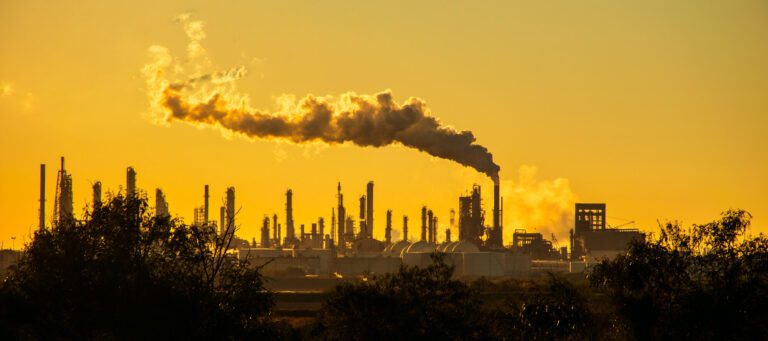
What Everyone Should Know About Preventing Natural Gas Explosions
May 15, 2024
This blog entry discusses basic safety issues relative to natural gas and propane. Q&As include: What is natural gas? Why […]
Continue reading
May 15, 2024
This blog entry discusses basic safety issues relative to natural gas and propane. Q&As include: What is natural gas? Why […]
Continue reading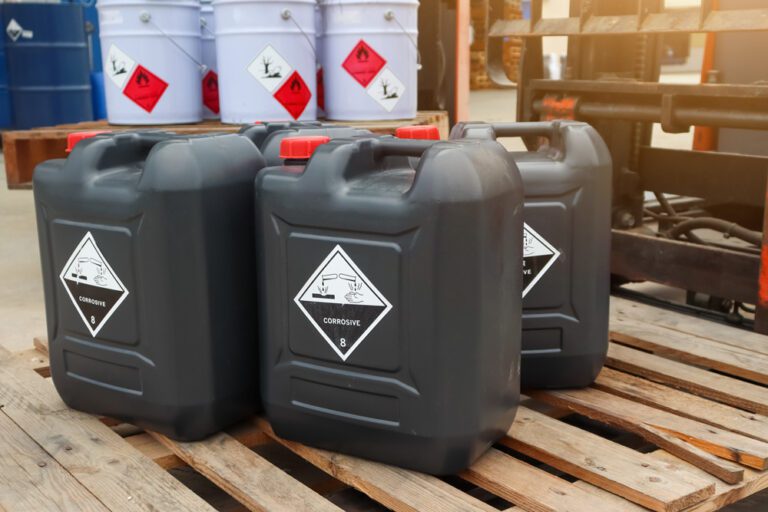
February 21, 2024
This blog delves into recent revisions in PFAS disposal guidelines, covering its definition, dangers, reporting rules, and latest changes. It addresses common queries regarding PFAS and offers guidance on compliance and assistance resources.
Continue reading
January 10, 2024
Environmental challenges and legal considerations surrounding the disposal of kerosene, gasoline, and diesel fuels. Addressing common questions and concerns, we provide insights into proper storage durations, alternative disposal methods, and the overall guidance from the Environmental Protection Agency (EPA).
Continue reading
December 20, 2023
Understanding EPA's "cradle-to-grave" is vital for effective hazardous waste management. Our post details this responsibility, covering compliance, generator ID, transporter rules, EPA/DOT overlaps, and facility criteria. Contact Hazardous Waste Experts for service.
Continue reading
August 16, 2023
Changing your car’s radiator fluid (aka, coolant or antifreeze) is an important part of preparing it for the extremes of […]
Continue reading
June 7, 2023
The Toxic Substances Control Act (TSCA) gives the EPA authority to place restrictions on specialty chemical substances or mixtures and […]
Continue reading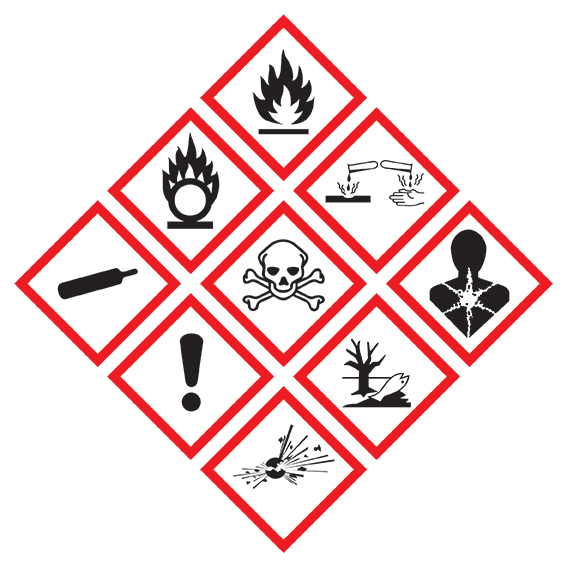
April 12, 2023
Whether by plane, truck, train, or boat, there are strict labeling and storage requirements for hazardous waste transportation disposal, courtesy […]
Continue reading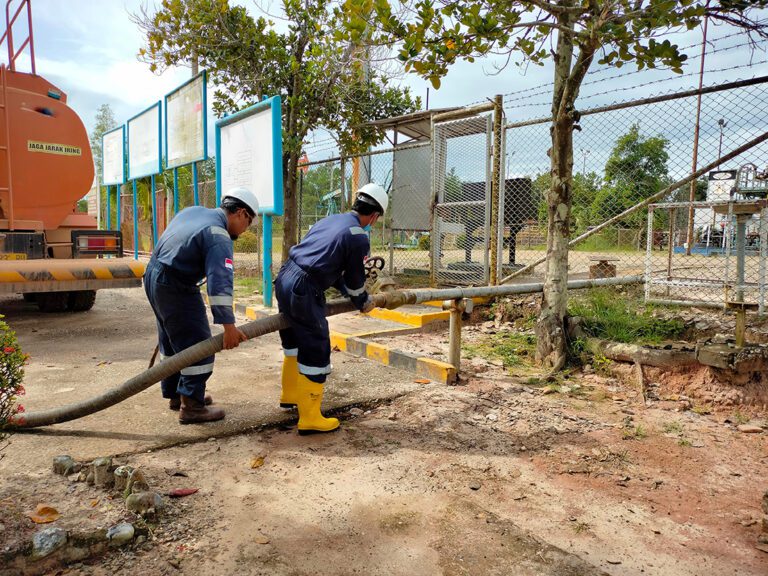
February 15, 2023
“Industrial waste” can include a wide variety of substances, some hazardous and some not. This article provides Q&As about analyzing […]
Continue reading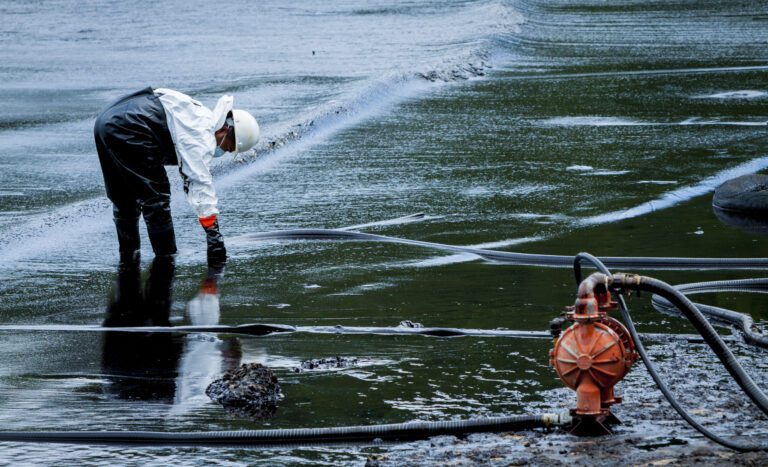
December 13, 2022
The so-called “Superfund” is the handmaiden of the Comprehensive Environmental Response and Liability Act (CERCLA). It empowers the EPA to […]
Continue reading